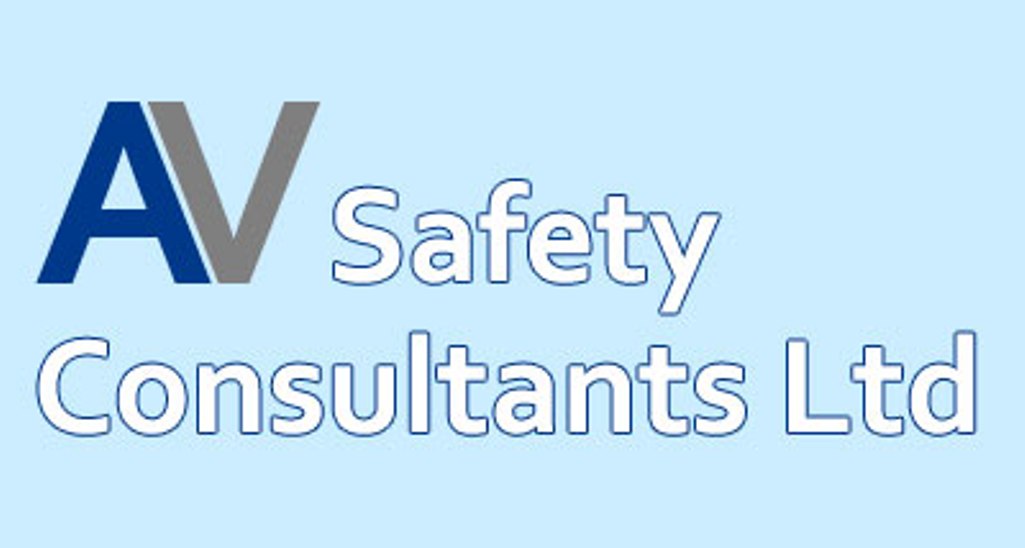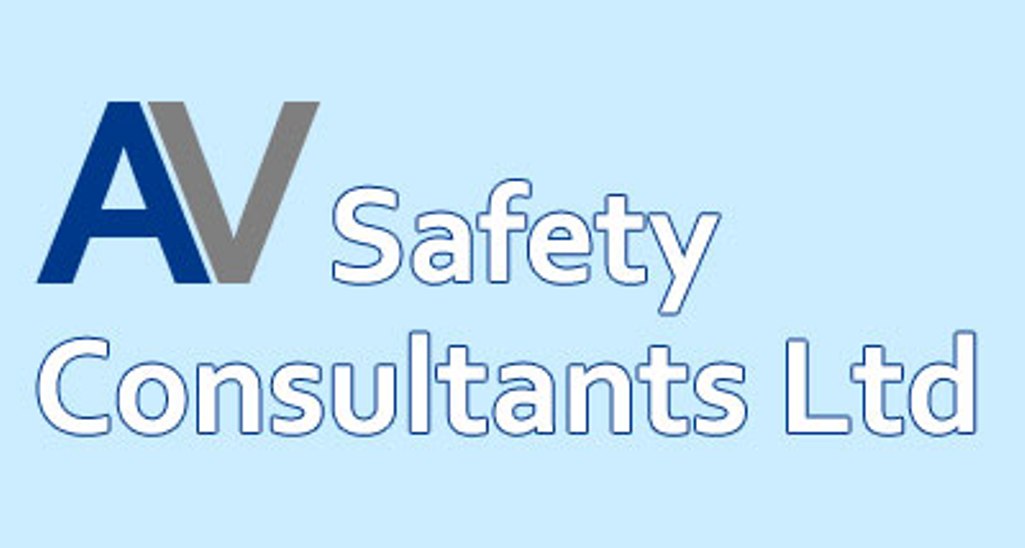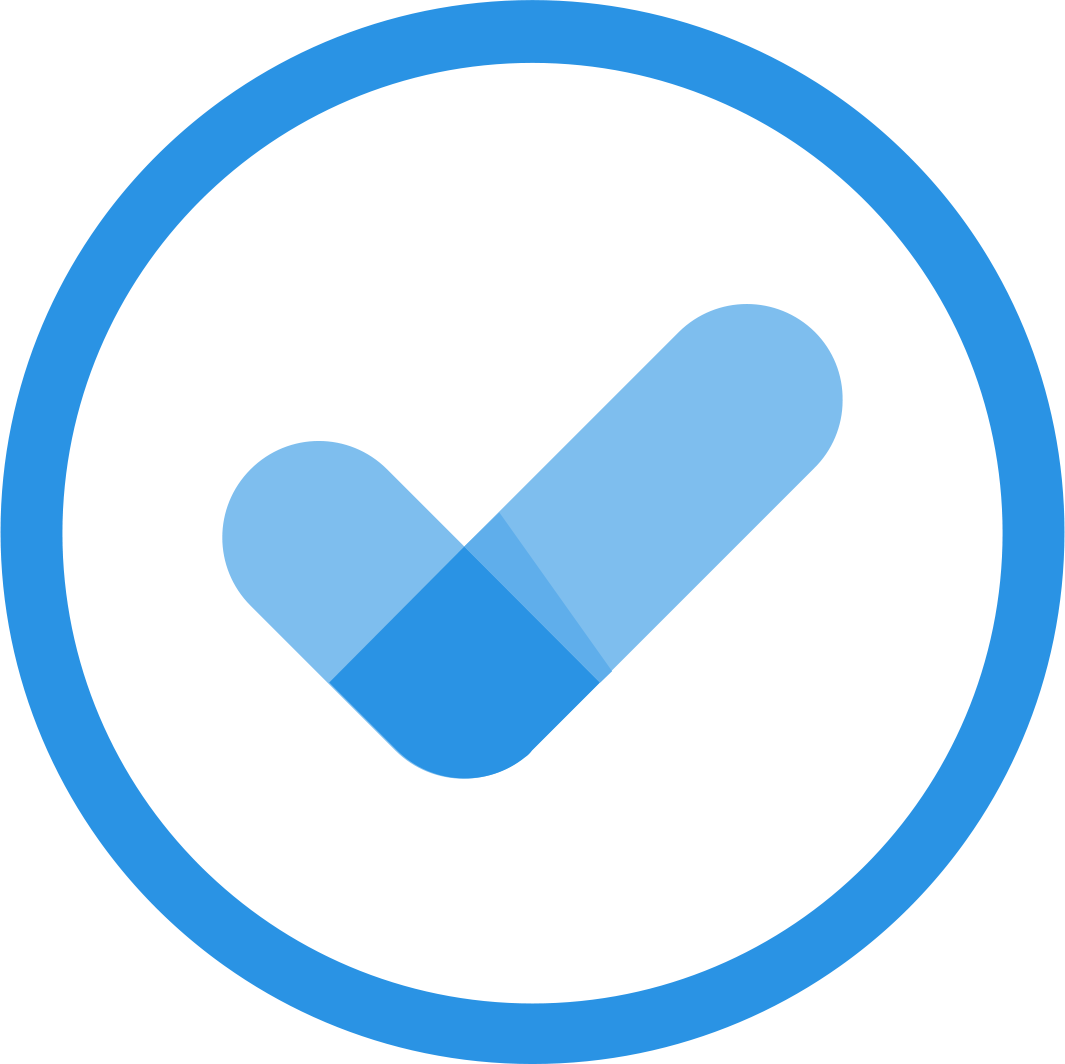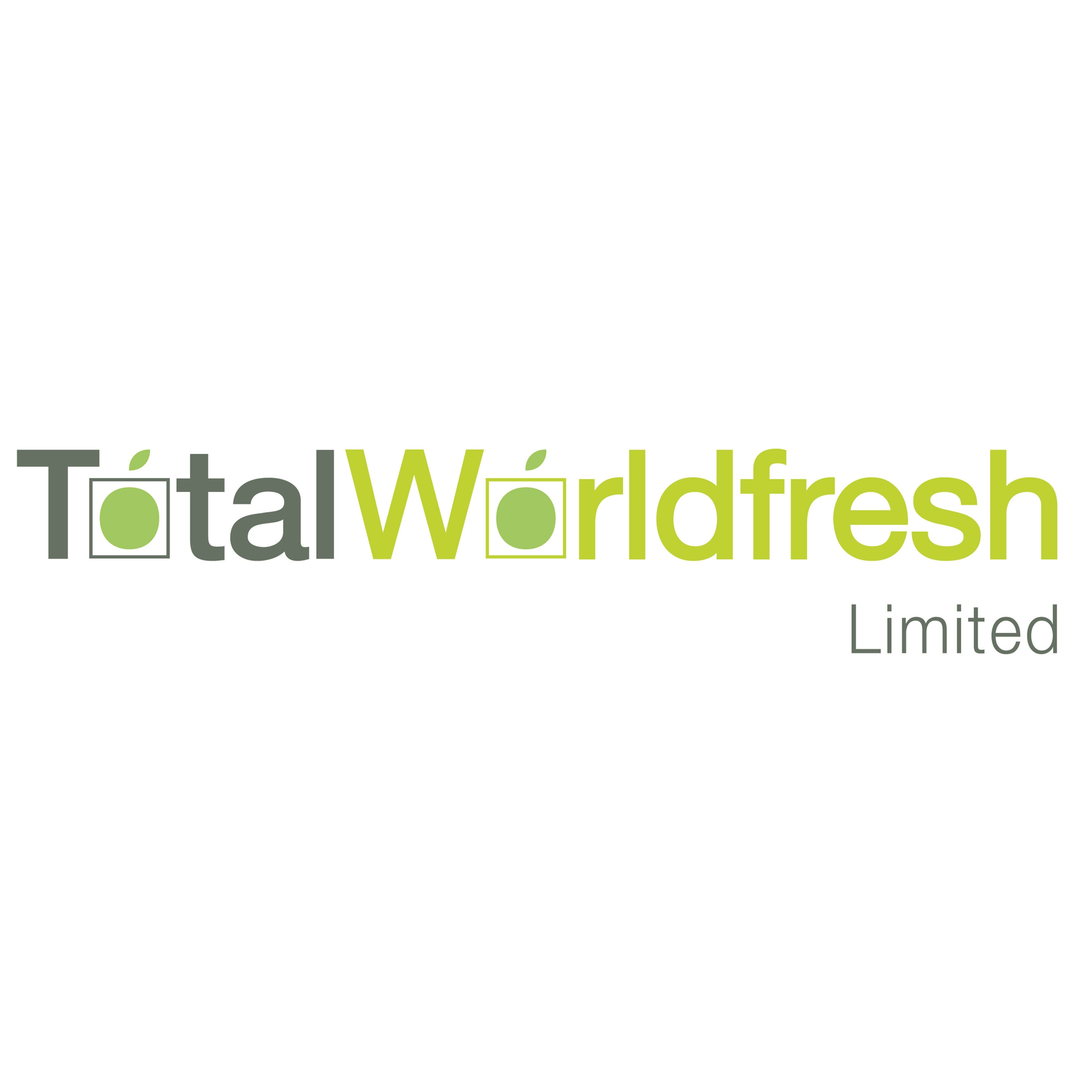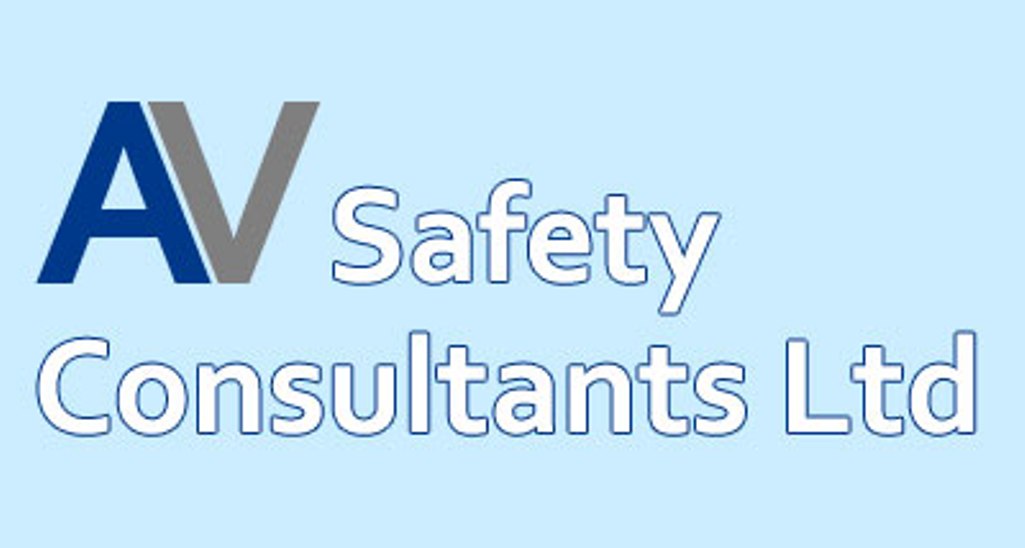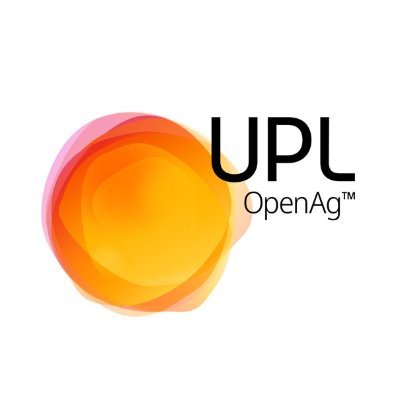Information
-
Site conducted
-
Audit Number
-
Report Revision Number
-
Audit Title
-
Date Conducted
-
Business Unit / Client
-
Address
-
Report Prepared by
Checklist Notes and Instructions
Notes
-
This audit checklist is based on the requirements of the following three international management system standards:
1. ISO 9001:2015 (Quality management systems - requirements)
2. ISO 14001:2015 (Environmental management systems - requirements), and
3. ISO 45001:2018 (Occupational health and safety management systems - requirements)
The questions in the audit checklist are aligned to the clauses of the above mentioned standards. This allows internal and third-party auditors to evaluate compliance to the three management system requirements in an efficient manner. -
Where DOCUMENTED INFORMATION is mentioned in a checklist question, the Auditor shall verify that the information required is available, controlled and maintained in a suitable medium (format and media).
Instructions
-
The auditor shall record the audit finding for each item in the checklist by marking the corresponding check box as follows:
C - Compliant
NC - Non-compliant*
I - Improvement Opportunity**
N/A - Not applicable***
When complete the Auditor shall sign off and date the audit at the end of the final section.
* Description of any noncompliance shall be provided. Any checklist criterion marked “non-compliant" will require a Corrective Action (CA).
** Compliant however there is an opportunity for improvement. The auditor's comments shall elaborate on the opportunity for improvement.
*** Criteria not observed or not applicable to a specific situation or work order. The auditor’s comments shall include the reason(s) that the criteria could not be observed or is considered not applicable.
Terms of Reference
-
The terms of reference specifies and documents audit particulars. Completing this section demonstrates audit planning and supports future reference.
Personnel
-
Audit Team Members
-
Approximate Number of Personnel under Audit Scope
-
Name of Senior Most or Responsible Person (being audited)
-
Names of Guides or Observers (if applicable)
Audit Objectives, Scope and Criteria
-
Audit Objectives (may include determining the extent of conformity of the system, evaluation of the capability of the process, evaluation of the effectiveness of the management system in meetings specified goals, identification of areas for potential improvement, etc)
-
Audit Scope (Extent and boundaries of the audit. Example: Services performed. Duration the services have been performed)
-
Audit Criteria (Set of standards, policies, procedures or requirements used as a reference against which audit evidence is compared)
-
Methods to Collected Evidence and Information
- Interviews
- Observations
- Document Review
- Other
Other Information (If applicable)
-
Specific Audit Activities or Notes
-
Logistic Arrangements (travel, induction, security, on-site facilities, etc).
-
Personal Protective Equipment Requirements
Opening Meeting
Opening Meeting (Pre-audit Brief)
-
Date and Time of Opening Meeting
-
Location
-
Attendees
-
Brief Included
-
Additional Comments
Clause 4 - Context of the Organisation
-
Have external issues that are relevant to the organisation's purpose, the achievement of customer satisfaction and the organisation's strategic direction been determined?
-
Have internal issues that are relevant to the organisation's purpose, the achievement of customer satisfaction and the organisation's strategic direction been determined?
-
Have interested parties that are relevant to the IMS, including their requirements been determined?
-
Has the scope of the IMS been determined by taking into account the organisation's:<br>a) external and internal issues, <br>b) the needs and expectations of interested parties,<br>c) the organisation's products and services,<br>d) boundaries and applicability, and<br>d) planned or performed work-related activities
-
Is the scope of the IMS available and maintained as DOCUMENTED INFORMATION?
-
Has the IMS including the processes needed for its application been implemented in accordance with the requirements of the International standards?
-
Have criteria and methods (e.g. measurement and performance indicators) needed for the effective operation and control of processes been determined and applied?
Clause 5 - Leadership
-
Has top management demonstrated leadership, commitment and taken accountability for the effectiveness of the IMS?
-
Are the policies (quality, health & safety and environment) available and maintained as DOCUMENTED INFORMATION?
-
Are the policies (quality, health & safety and environment) communicated, understood and applied within the organisation?
-
Have customer requirements, and applicable statutory and regulatory requirements been determined and communicated at relevant functions and levels?
-
Have processes for consultation and participation of workers been established and implemented?
-
Are responsibilities and authorities for roles within the IMS assigned and maintained as DOCUMENTED INFORMATION?
-
Are responsibilities and authorities for roles within the IMS assigned and communicated at all levels within the organisation?
Clause 6 - Planning
-
Have risks and opportunities that are relevant to the IMS been determined?
-
Has external and internal issues (context), the needs of interested parties and scope of the IMS been considered when determining risks and opportunities?
-
Have hazards, HSE risks , opportunities, legal and other contractual requirements been taken into account when determining risks and opportunities?
-
Are actions and processes to address risk and opportunities evaluated for effectiveness?
-
Are risks and opportunities, including the processes and actions to determine and address them maintained as DOCUMENTED INFORMATION?
-
Is a process maintained for hazard identification and assessment of risks (including methodology and criteria)?
-
Have environmental aspects and impacts of the activities, products and service that the organisation can control or influence been determined?
-
Are legal requirements that are applicable to the organisation maintained and retained as DOCUMENTED INFORMATION?
-
Are objectives for the IMS established and communicated at relevant functions and levels?
-
Have resources, responsible persons, action plans and time frames (e.g. plans) for meeting objectives been determined?
-
Are objectives, including the plans to achieve them maintained and retained as DOCUMENTED INFORMATION?
Clause 7 - Support
-
Have plant, equipment, facility, human resources and other resources for the IMS been determined and provided?
-
Are personnel doing work under the IMS aware of:<br>a) the quality, health, safety and environmental policy?<br>b) relevant objectives?<br>c) their contribution to the effectiveness of the IMS, including the benefits of improved performance?<br>d) the implications of not conforming with the IMS requirements?<br>e) incidents and the outcomes of investigations that are relevant to them?<br>f) hazards, risks and control measures that are relevant to them?<br>g) the ability to remove themselves from work situations that they consider present danger to their life or health?
-
When monitoring or measuring is conducted to verify conformity, are monitoring and measuring equipment:<br>a) suitable for the specific type of monitoring and measurement activities undertaken?<br>b) maintained to ensure their continuing fitness for purpose?
-
Are monitoring and measuring equipment:<br>a) calibrated or verified, or both, at specified intervals, or prior to use, against measurement standards traceable to international or national measurement standards?<br>b) identified in order to determine their status?<br>c) safeguarded from adjustments, damage or deterioration that would invalidate their calibration status and subsequent measurement results?
-
Is DOCUMENTED INFORMATION as evidence of fitness for purpose of the monitoring and measuring resources retained?
-
Have the necessary competence (education, training and/or experience) of personnel who can affect the performance of the IMS been determined?
-
Where applicable, are actions taken to acquire and maintain the necessary competence of personnel?
-
Is DOCUMENTED INFORMATION retained as evidence confirming the competence (education, training, and/or experience) of personnel?
-
Have appropriate internal and external communications channels and processes been established?
-
Is DOCUMENTED INFORMATION retained as evidence of communication?
-
When creating and updating documented information, do documents have appropriate:<br>a) format (e.g. language and graphics) and media (paper or electronic)?<br>b) identification and description?
-
When creating and updating documented information, are documents reviewed and approved for suitability and adequacy?
-
Is DOCUMENTED INFORMATION controlled to ensure it is:<br>a) available and suitable for use, where and when it is needed?<br>b) adequately protected (e.g. from loss of confidentiality, improper use, or loss of integrity)?
-
Are the following controls for DOCUMENTED INFORMATION defined and implemented:<br>a) distribution, access and retrieval and use,<br>b) storage and preservation, including preservation of legibility,<br>c) control of changes (e.g. version control),<br>d) retention and disposition
Clause 8 - Operation
-
Have controls from workplace risk assessments been implemented to eliminate hazards and reduce OH&S risks?
-
Is a management change process established for the implementation and control of temporary and permanent changes?
-
Is there a process for communicating with customers information relating to products and services, enquiries, contracts, order handling, etc?
-
Are processes for meeting customer and other requirements defined and implemented?
-
Has acceptance criteria for products and services been determined?
-
Is the review of customer and other requirements prior to the commitment to supply products and services maintained as DOCUMENTED INFORMATION?
-
Are the processes and plans for responding to potential emergency situations maintained and retained as DOCUMENTED INFORMATION?
-
Are design and development processes established, implemented and maintained?
-
Do externally provided processes, products and services conform to specified requirements?
-
Have criteria for the evaluation, selection, monitoring of performance and re-evaluation of external providers been established?
-
Is DOCUMENTED INFORMATION on the evaluation, selection, performance monitoring and re-evaluation activities of external service providers retained?
-
For the production or service provision, is DOCUMENTED INFORMATION (e.g. procedures, work instructions) available that defines:<br>a) the services to be provided<br>b) the activities to be performed (including monitoring and measurement activities),<br>c) the results to be achieved
-
Is property belonging to customers or external providers that is used in the provision of the product or service controlled and safeguarded from damage?
-
Prior to release of products or completion of services, is DOCUMENTED INFORMATION available indicating product or service conformity?
-
For the control of nonconformities, is DOCUMENTED INFORMATION retained:<br>a) describing the nonconformity;<br>b) describing the actions taken;<br>c) describing any concessions obtained;<br>d) identifying the authority deciding the action in respect of the nonconformity
-
Are outsourced processes managed and controlled?
Clause 9 - Performance Evaluation
-
Has monitoring and measurement needs been determined in order to evaluate the performance of the management system?
-
Have methods for monitoring, measurement, analysis and evaluation been determined?
-
Is performance evaluation results available as DOCUMENTED INFORMATION?
-
Is DOCUMENTED INFORMATION of the compliance evaluation result(s) of legal requirements and other requirements
-
Have methods of monitoring customer perceptions of the provision of products and services been established?
-
Has an internal audit plan and process been established?
-
Is DOCUMENTED INFORMATION of the implementation of the audit programme and the results of audits retained?
-
Are management reviews of the management system conducted at planned intervals?
-
Is DOCUMENTED INFORMATION of management reviews retained?
Clause 10 - Improvement
-
Are there appropriate processes for managing customer complaints, nonconformities, opportunities for improvement?
-
Are there appropriate processes for reporting, investigating and taking action, to determine and manage incidents?
-
Are actions taken to eliminate the cause(s) of nonconformities in order that it does not recur occur elsewhere?
-
Are the results of analysis and evaluation, and outputs from management reviews used for continual improvement?
-
Is DOCUMENTED INFORMATION retained on incidents, nonconformities and associated actions and corrective actions?
Recommendations and other comments
-
Comments
Closeout and Declaration
-
Please sign and email the report to the QHSE Administrator
-
I, the undersigned have completed this audit and declare the assessment as complete.
-
Add signature
-
Select date
Closing Meeting
Closing Meeting (Post-audit brief)
-
Date and Time of Closing Meeting
-
Location
-
Attendees
-
Brief Included
-
Additional Comments






